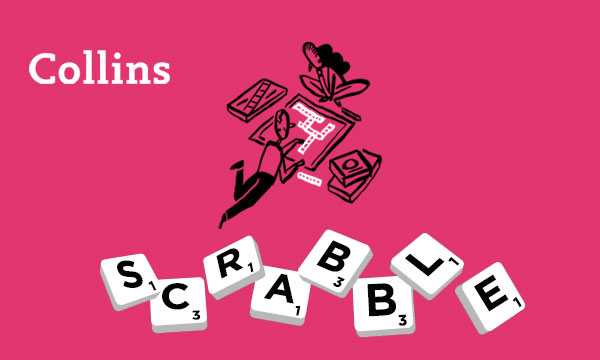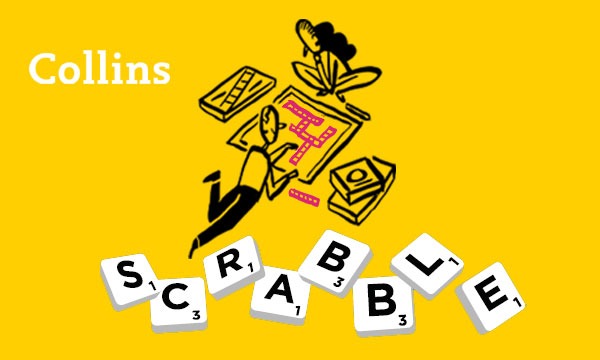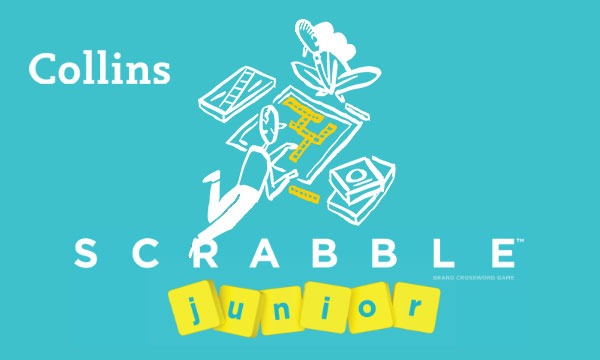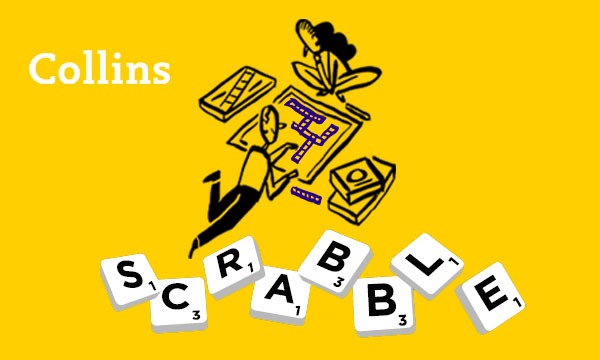Nobody likes having to change letters, but sometimes it’s unavoidable. In most circumstances, if you can score at least twenty, maybe even fifteen, I would say make the move. The rack might just sort itself out – even IJUY might transform into JUICILY or JURYING. If not, you can always change next time.
If you do change, make sure you change enough to make a real difference. If you have AIIOUDP, don’t just change the U and one I. Especially if there are blanks or other good letters to come, change four vowels or all five, and maybe one or both consonants as well. Take a moment to count the number of consonants and vowels played, which will give you an idea of which you are likely to pick more of (there are 56 consonants and 42 vowels in the bag at the start of the game).
Above all, don’t go fishing. You might be holding COMPARV, leading you to think that if you change the V and pick an E, you will have COMPARE. Well, so you will. If you pick the E. Which you probably won’t. So score what you can with your high-scoring tiles and see what the bag brings you.
By Barry Grossman
Barry is a leading UK Scrabble player and winner of several tournaments. He is the author of Scrabble for Beginners (Chambers), Need to Know Scrabble, Scrabble – Play to Win and The Little Book of Scrabble Trickster. He has also contributed to numerous other books on the subject of words and word-games, has been a series champion of Channel 4’s Countdown, and has written four comedy series for BBC Radio 4. He lives in Hertford.
All opinions expressed on this blog are those of the individual writers, and do not necessarily reflect the opinions or policies of Collins, or its parent company, HarperCollins.



